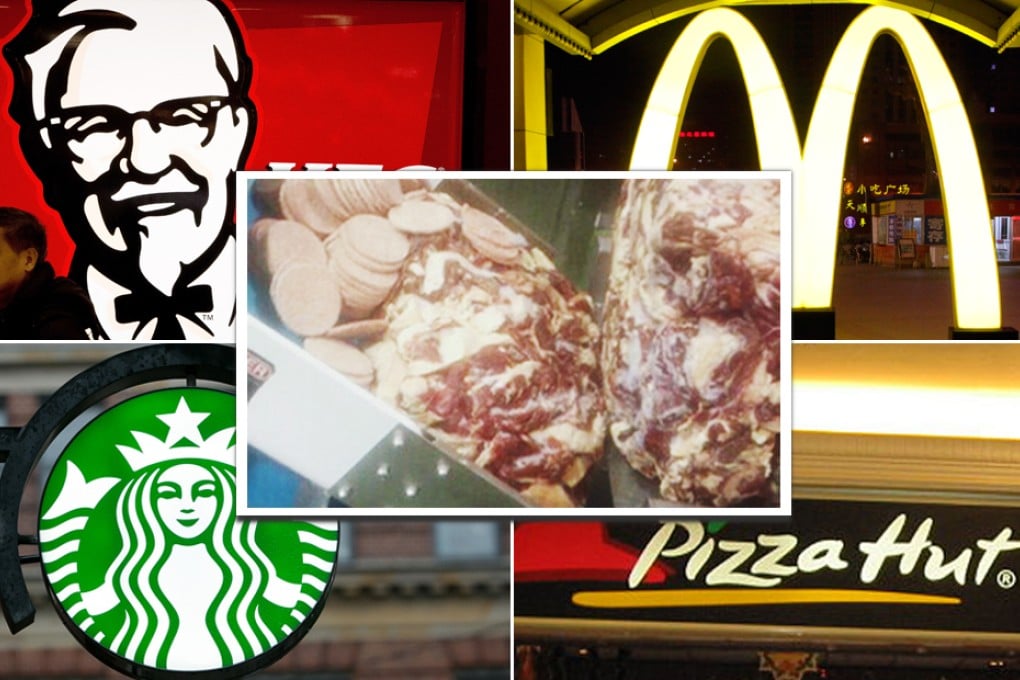Update | Starbucks, Dicos withdraw sandwiches as China launches nationwide probe into 'rotten meat' firm
Starbucks has become the latest international chain to withdraw products from its shelves in the wake of the rotten meat scandal that has shaken China's fast food industry.

Starbucks has become the latest international chain to withdraw products from its shelves in the wake of the rotten meat scandal that has shaken China's fast food industry.
The news came as China's food safety agency announced a nationwide investigation into processing factories and meat suppliers used by the Shanghai Husi Food Company, accused of selling expired beef and chicken to McDonald's, KFC and Pizza Hut.
In addition to Husi’s facility in Shanghai, inspectors will look at processing sites and meat sources in five other provinces in central, eastern and southern China, the China Food and Drug Administration announced. Violations will be “severely punished,” the agency said on its website.
Watch: China 'rotten meat' factory quality manager: It was a company policy
Seattle-based Starbucks said it had removed chicken and apple paninis from cafes in Shanghai after discovering that it had used meat purchased from the company, amid reports of food safety violations.
Mainland fast-food chain Dicos yesterday said it had taken breakfast sandwiches off its menu because its ham had been sourced from the meat processing firm.